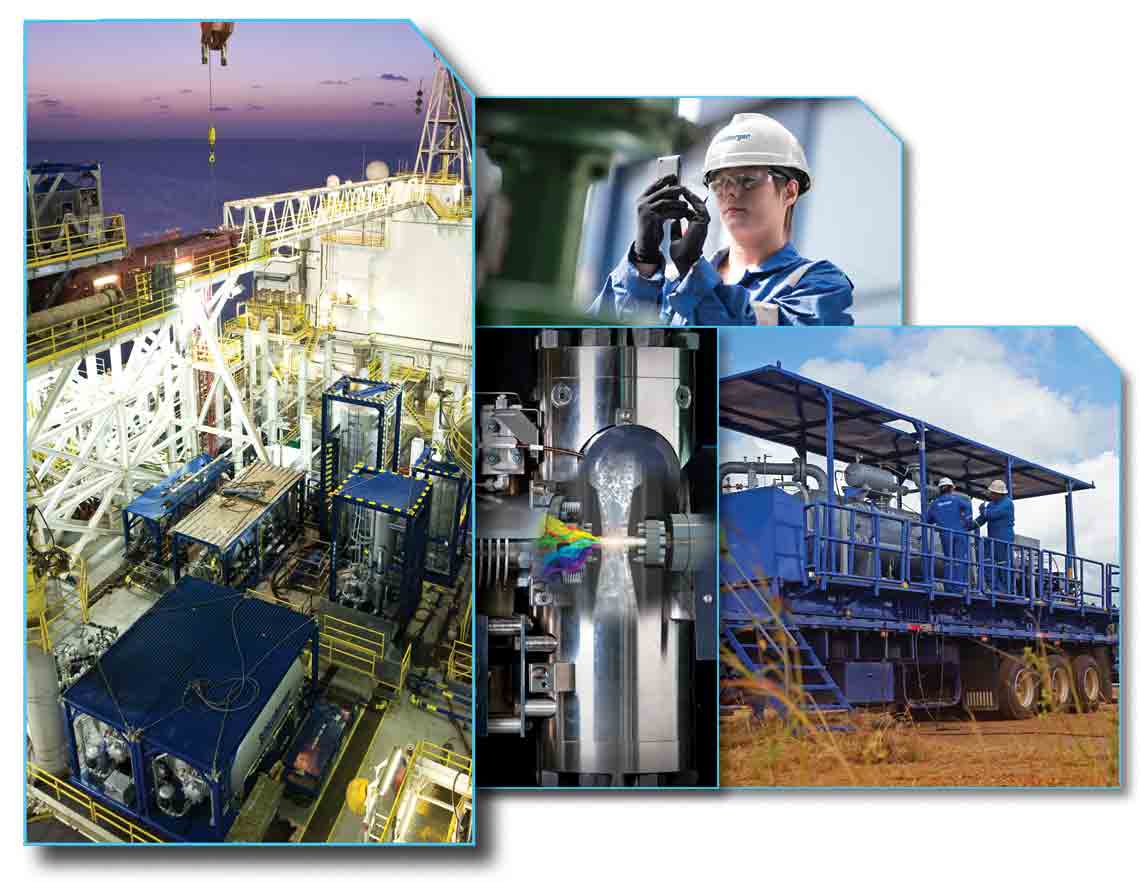Course Details
Your Growth, Our Mission

Course Description
The Training Course Will Highlight ?
The candidates will be introduced to the TDS technique, which is an alternative option to type-curve matching technique, convolution, and regression analysis. The course includes step-by-step procedures to interpret pressure transient tests, such that participants will be able to immediately apply the knowledge and skills gained to their job assignments upon course completion.
Training Objective
By the end of this course delegates will be able to:
-
- Learn how to understand the theory, applications, and practical limitations of conventional pressure analysis techniques
- Acquiring the skill to use the pressure derivative by recognizing unique finger prints of various flow regimes
- How a post-frac pressure test
- Accurately predicting amounts and types of porosity
- Characterize the four different types of NFR
- Use unique finger prints of the pressure derivative to delineate the fracture system intensity and extent, as well as how to quantify reservoir pore volume
- learn how fluid properties change with pressure and how they are used to calculate effective permeability to oil, gas, and water
- Use the TDS technique to analyze pressure buildup tests preceded by variable rate
- Be able to determine vertical permeability
- Be familiar with several methods to analyze pressure drawdown and buildup tests in horizontal wells, including pressure-based conventional techniques, and techniques that are strictly based on the pressure derivative
Target Audience
Geologists, Petrophysicists, reservoir engineers, production engineers, laboratory researchers, and gas field operators
Training Methods
This interactive Training will be highly interactive, with opportunities to advance your opinions and ideas and will include;
- Lectures
- Workshop & Work Presentation
- Case Studies and Practical Exercise
- Videos and General Discussions
Daily Agenda
Application of Pressure & Derivative to Drawdown & Buildup Tests
-
- Review of fundamental concepts of well testing and measurement techniques
- Pressure-based analysis of flow and buildup tests
- Derivative-based analysis of flow and buildup tests, TDS technique
- Determining Average reservoir pressure
- Drainage area and pore volume of bounded systems, oil in place
Hydraulically Fractured Wells and Gas Well Testing
-
- Practical aspects of fracturing and acidizing
- Uniform-flux and infinite-conductivity models of hydraulic fractures
- Finite-conductivity: linear, bilinear, and elliptical flow
- Geometry of inclined hydraulic fractures
- Interpreting gas well tests using pressure and pseudo-pressure derivative
Naturally Fractured Reservoirs and Carbonates
-
- Evaluation of carbonate reservoirs
- Indicators and types of NFR
- Pseudo-steady state and unsteady state matrix flow models
- Storativity and Porosity Partitioning coefficient
- Fracture porosity from well logs and well test analysis
- Interpretation of interference and pulse tests, pressure derivative
Multiphase Flow, Multirate Tests, and Partially Perforated Wells
-
- Role of fluid properties, Perrine Permeability
- Dynamic Reservoir Testing (Video)
- Conventional and modern interpretation of multi-rate tests
- Applications of TDS, convolution and deconvolution techniques
- Partially completed/penetrated/perforated wells
- Vertical permeability from spherical flow, MDT
Slanted and Horizontal Wells
-
- Effect of slant on pressure-response
- Determining angle of inclination of slanted well and partial penetration/perforation skin
- Overview of horizontal well completions and performance
- Flow regimes and analytical solutions
- Applications of pressure derivative to calculate directional permeability values
- Pressure analysis of hydraulically fractured horizontal wells
Accreditation
BTS attendance certificate will be issued to all attendees completing minimum of 80% of the total course duration.
Quick Enquiry
Request Info
Related Courses
Your Growth, Our Mission

